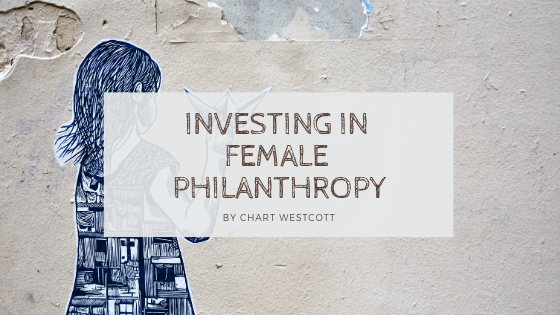When the concept of micro-lending was first pioneered, it was discovered that making loans to women produced far greater results than making loans to men. This is because overall, men tended to invest in improving their own circumstances, while women were more interested in improving the circumstances of their families and communities. While there may still be a wage gap between what men and women earn in the US, that does not mean there are not plenty of high-income women. It should come as no surprise, therefore, that just like women in developing nations, when women in the US start generating income, they also start investing in their families and communities. Which may go a long way towards explaining why female philanthropy is on the rise.
Female philanthropy is important for many of the same reasons that microlending to women is. According to the World Bank, although there are nearly 1 billion girls or young women aged 10 to 24 years in the world, less than two cents out of every dollar is spent on international aid to adolescent girls. Financial independence is probably one of the absolutely most critical aims for young women the world over.
Keeping women financially dependent on men quite rightly denies women a legitimate seat at critical decision-making tables. Women who are financially dependent on men are also much more susceptible to becoming victims of domestic violence, family supression and abuse. When women have no means of supporting themselves, they also have little choice in matters such as marriage or family planning. Conversely, they also have no way to support their children if their financial support chooses to no longer support them. Women with no financial independence are possibly some of the most vulnerable beings the world over.
When only two cents of every aid dollar gets invested in young women, it is unlikely they will achieve financial independence any time soon. When women invest in philanthropy, however, they have a much greater ability to ensure that their philanthropic endeavors benefit women first and foremost. While it is easy to think it is only women in foreign countries that are susceptible to violence due to lack of financial independence, nothing could be further from the truth. There is just as much need to help women domestically as there is internationally. Female philanthropy may be the only answer.

